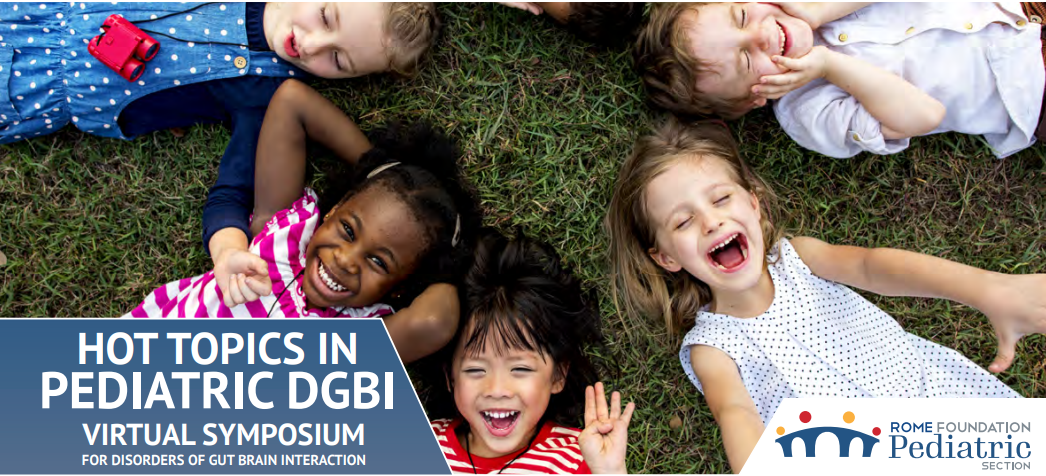 Rome Campus
Rome Campus
Behavioral Interventions for DGBI Conditions of the Upper GI Tract
Cognitive-Behavioral Therapy for Avoidant/Restrictive Food Intake Disorder (ARFID) - 2 CE Credits
Hypnosis Techniques in Psychogastroenterology - 3 CE Credits
GI Physiology for the Behavioral Health Provider - 1.5 CE Credits
Grand Rounds: The 3 step approach to Integrated Psychosocial Care in DGB
Grand Rounds: Abdominal Bloating and Distension
Grand Rounds: Abuse, Trauma, and Illness: What is the link?
Grand Rounds: Communication Skills
Grand Rounds: Sociocultural aspects of the assessment and treatment of patients with DGBI
Grand Rounds: ACG vs AGA IBS Guidelines and Clinical Application
Grand Rounds: Post Covid-19 DGBI
Grand Rounds: Deep Dive Into Central Neuromodulators
Grand Rounds: DGBI in Pediatric Populations
Grand Rounds: Gastroparesis vs FD
Grand Rounds: History of Disorders of Gut-Brain Interaction - DGBI (Functional GI Disorders)
Grand Rounds: DGBI Overlapping with Organic Disease
Rome Foundation Virtual Pediatric Symposium - 0 CE Credits
2023 Pediatric Symposium: Hot Topics in Pediatric DGBI
POC: The 3 step approach to Integrated Psychosocial Care in DGB
Grand Rounds: The 3 step approach to Integrated Psychosocial Care in DGB
Grand Rounds: Abdominal Bloating and Distension
Grand Rounds: Abuse, Trauma, and Illness: What is the link?
Grand Rounds: Communication Skills
Grand Rounds: Sociocultural aspects of the assessment and treatment of patients with DGBI
Grand Rounds: ACG vs AGA IBS Guidelines and Clinical Application
Grand Rounds: Post Covid-19 DGBI
Grand Rounds: Deep Dive Into Central Neuromodulators
Grand Rounds: DGBI in Pediatric Populations
Grand Rounds: Gastroparesis vs FD
Grand Rounds: History of Disorders of Gut-Brain Interaction - DGBI (Functional GI Disorders)
Pediatric Education

Rome Foundation Virtual Pediatric Symposium - 0 CE Credits
Learn how to manage pediatric Disorders of Gut-Brain Interaction: newborns through adolescents. This symposium will teach the process of evaluation, diagnosis and treatment. In addition we will bring in the complex nature of including the role of the family in management of pediatric patients with DGBI.

2023 Pediatric Symposium: Hot Topics in Pediatric DGBI
Learning Objectives:
● Using a case-based approach, to review evidence-based recommendations for the evaluation and management of children with DGBI
● To learn more about new and emerging DGBI diagnoses
● To feel more confident in handling controversial medical issues
• Test or not Test: Endoscopy, Imaging, Breath Testing, Impedance, Motility Testing
• Dietary Management: Chasing the Z score, Enteral Tubes, Specialized Diets
• Therapies: Behavioral / neuromodulators / neurostimulation / alternative
• Too Many Cooks in the Kitchen: The Role of the Gastroenterologist in Overlapping Pain Conditions and other diseases (MALS, MCAS, SFN,EDS, POTS, etc)
● From a multidisciplinary panel, to learn biopsychosocial management methods
